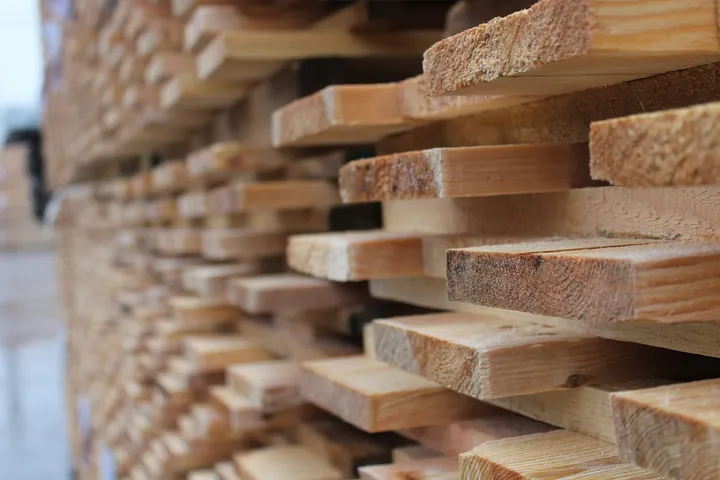
The day Charlie Kirk died will always be the night Charlie Kirk died to me.
Because I first heard the news that Kirk had been shot at about 8:00pm local time in Accra, Ghana — over dinner and under dark skies.
Full confession: Prior to seeing BBC’s coverage of the shooting in the hotel lounge, I knew nothing about Charlie Kirk. However, this didn’t prevent me from feeling incredibly sad.
I felt loss. I ached.
At that point in the evening, Kirk’s condition was listed as “critical;” there were no reports yet of his passing. Hence, my feeling of loss was not directly connected to Kirk’s life.
But my feeling was deeply connected to America’s soul.
Maybe you felt that same loss too. Maybe you still ache.
The next day, however, dulled by all manner of talking heads on TV, my ache gave way to analysis.
That is, a feeling of loss remained, but such feeling was eclipsed by a desire to identify just what we had — no, have — lost.
I pondered just what for several hours on a west-bound plane ride across the Atlantic. True, such questions have can have plethora of answers, none of which may be precise. That said, I came away persuaded that America has lost three things.
We’ve lost our moorings, yes. We’ve lost our meaning too.
But perhaps most significantly, we’ve lost one another.
Kirk’s assassination was a(nother) tragic demonstration of just how much, how far we have lost one another. Tragic not because Kirk’s life should be valued differently than anyone else’s: All people are created equal is truth. Rather, tragic because America continues to display — and increasingly brazenly, at that — that we deny such truth.
Until 8:00pm local time on September 10, I was actually thinking about unity, not disunity. Up until 8:00pm local time on September 10, I had witnessed wonderful displays of “we’re all in this together” for nearly two weeks straight, during my time spent in west Africa. Specifically, until 8:00pm local time on September 10, I could not get a lumber yard out of my mind.
Earlier that day, as I rode on a crowded main highway into Accra with some new Ghanian friends, I noticed a lumber yard only a few feet off the road. What I didn’t notice was any fencing, any security guards…or any problems.
I asked my friends, “How does that work?”
My question perplexed them.
“I mean, how can all these boards sit so close to the road and be…safe? Seems like there is no protection — and the lumber doesn’t get stolen?”
They looked only a little less perplexed than after my first question.
Then one friend, Nelson, said, “You mean this is not how things are in the States?”
I thought about replying with Well, possibly still some in places, yes. Or with Well, maybe how things used to be, sure.
“No,” I said.
They were perplexed for a third time.
Now, Accra is neither small (5.4 million residents) nor spacious (1700 people/sq km). People are indeed everywhere.
But tension is not.
Which means that Ghana has seemingly found some things that America has seemingly lost.
Again: Just what?
For this question, the plane ride home provided me no answers. So, two days later, I messaged my friends, asking them to enlighten me about what impressed me: What keeps those boards — and by extension, Ghana — safe?
Nelson’s word-for-word reply:
Strong Community Bonds
Ghanaians often live with a deep sense of community, even in urban areas like Accra. People tend to know or be connected to those around them, creating a natural accountability. Stealing in plain sight risks being noticed, and the social consequences — like shame or loss of reputation — are significant deterrents.
Cultural Respect for Property
There’s a shared value of respecting others’ belongings, rooted in traditional communal living where resources were often collectively managed. Taking something like lumber could be seen as harming not just an individual but the community’s trust, which carries moral weight.
Social Trust and Vigilance
Even without formal security, informal community “surveillance” often exists — neighbors or passersby quietly keep an eye out. The lumber’s owner might be a known local, and stealing from them could feel like betraying a neighbor.
Strong community bonds, cultural respect for property, social trust and vigilance…logical, relatable, beautiful. Now, I don’t know much about Ghana’s national politics, but that unsecured-yet-secure lumberyard told me everything I need to know about Ghanian leadership at the community, familial, and personal levels.
I want that same kind of leadership in my country. We need that same kind of leadership in our country.
Okay, so we may not be able to impact what happens on a national level. But we must not let that dissuade us from doing what can — leading well — within our local communities.
For we have to find one another again. Somewhere.
Charlie Kirk and a Lumber Yard was originally published in Horizon Performance on Medium, where people are continuing the conversation by highlighting and responding to this story.
